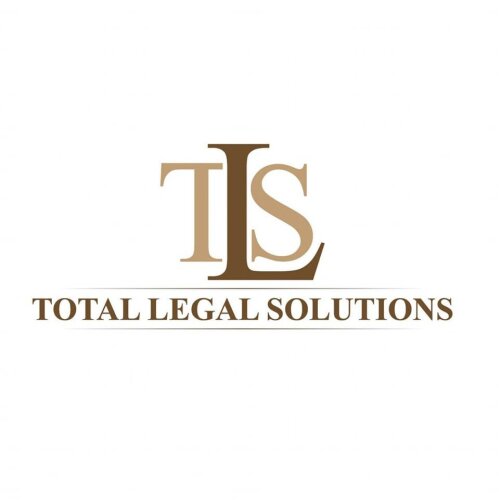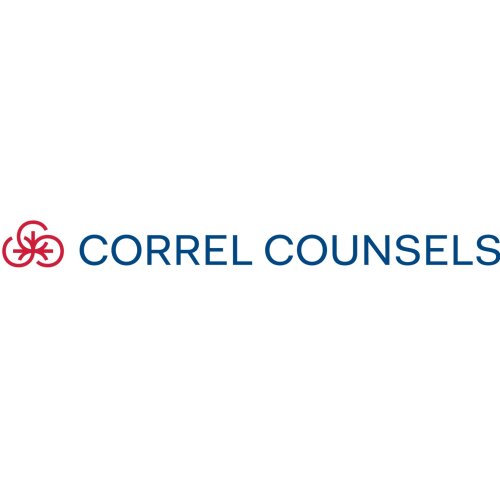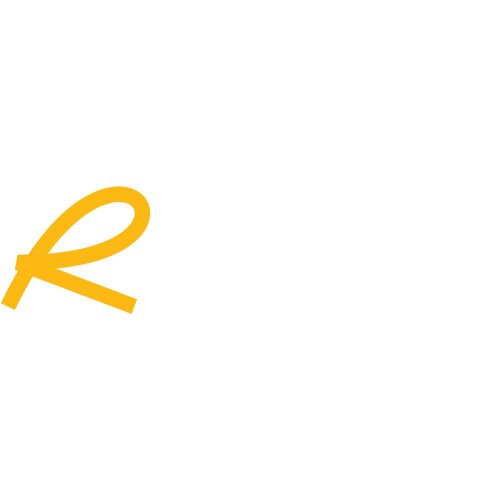Best Mining Law Lawyers in Malé
Share your needs with us, get contacted by law firms.
Free. Takes 2 min.
List of the best lawyers in Malé, Maldives
About Mining Law in Malé, Maldives
Mining Law in Malé, Maldives is concerned with the legal framework that governs the exploration, extraction, management, and regulation of mineral resources within the country, particularly on the islands and under the surrounding sea. Although the Maldives is mainly known for its tourism industry, the need for sand, coral, aggregates, and other construction materials makes mining activities relevant, especially in Malé, the capital and most densely populated city. Mining Law regulates how these activities are carried out, the rights and obligations of those involved, and the protection of the environment and local communities.
Why You May Need a Lawyer
There are several situations where an individual or a business might need legal assistance regarding Mining Law in Malé, Maldives. Examples include:
- Seeking permits or licenses to engage in extraction of sand, coral, or other aggregates.
- Facing disputes over land or seabed rights for mining operations.
- Addressing allegations of unlawful mining or environmental harm.
- Negotiating joint venture or partnership agreements relating to mining projects.
- Understanding environmental compliance and regulatory requirements.
- Protecting investments or clarifying ownership rights over extracted materials.
- Responding to changes in government policies or laws affecting resource extraction.
Due to the specific and technical nature of mining regulations and environmental standards, working with a qualified legal professional ensures compliance and reduces the risk of costly mistakes or penalties.
Local Laws Overview
Malé, and the Maldives as a whole, are governed by several key laws and regulations relating to mining activities:
- Environmental Protection and Preservation Act (Act No. 4/93): This law is the foundation for regulating any activity that impacts the environment, including all forms of mining. It outlines processes for obtaining environmental clearances and mandates Environmental Impact Assessments (EIAs) for major projects.
- The Decentralization Act: This law gives local councils a degree of authority over natural resource usage, meaning permissions for certain extraction activities may require both national and local approval.
- Regulations on Extraction of Sand and Coral: Specific regulations govern who can extract sand, coral, and other aggregates, with the aim of balancing development needs and environmental protection. Unauthorized extraction is illegal and subject to penalties.
- Land and Lagoon Lease Regulations: These regulations outline the process for obtaining rights to land or lagoon areas for specific purposes, including mining activities.
- International Commitments: The Maldives is party to several environmental and conservation treaties that influence the country’s mining and extraction policies.
Most mining activities are highly regulated to preserve the islands' delicate ecosystems, and unauthorized extraction is strictly penalized.
Frequently Asked Questions
What materials are commonly mined or extracted in Malé, Maldives?
The most commonly extracted materials are sand, coral, and aggregates. These are mainly used for construction and land reclamation projects.
Is mining legal in Malé, Maldives?
Mining or extraction of resources is legal only if conducted with the necessary permits and in accordance with environmental regulations. Unauthorized extraction is prohibited.
What permits are required for mining activities?
Permits are typically required from environmental and local authorities such as the Environmental Protection Agency and relevant island or city councils. An Environmental Impact Assessment may also be necessary.
Who regulates mining activities?
Key regulators include the Environmental Protection Agency (EPA), Ministry of Fisheries, Marine Resources and Agriculture, and local councils.
What are the penalties for illegal mining?
Penalties can include fines, cessation orders, reclamation requirements, and even criminal prosecution depending on the scale and impact of the illegal activity.
How does the Environmental Impact Assessment process work?
Applicants must submit an EIA report detailing the potential environmental impacts of the proposed mining activity. The EPA reviews this report and grants or denies approval based on its findings.
Can foreigners or foreign companies engage in mining in the Maldives?
Foreign participation is regulated and may require special permissions, local partnerships, or additional scrutiny under investment and land regulations.
Are there protected areas where mining is strictly forbidden?
Yes, several locations in the Maldives are designated as protected areas, marine reserves, or nature parks where any form of extraction is strictly prohibited.
How can land or lagoon rights for mining purposes be obtained?
Interested parties must apply for a lease or permit through the Ministry of National Planning, Housing and Infrastructure, as well as obtain local council clearance and environmental approvals.
What should I do if my mining application is denied?
You may seek legal review or appeal the decision according to administrative procedures, often with the help of a qualified lawyer familiar with mining and environmental law.
Additional Resources
If you need more information or official guidance on Mining Law in Malé, Maldives, consider reaching out to these institutions:
- Environmental Protection Agency (EPA): Responsible for environmental approvals and monitoring of mining activities
- Ministry of Fisheries, Marine Resources and Agriculture: Oversees marine resource management and extraction regulations
- Ministry of National Planning, Housing and Infrastructure: Handles land use, development approvals, and land or lagoon leasing
- Local Island or City Councils: Involved in providing local permissions and overseeing compliance
- Maldives Law Society: For locating qualified legal professionals experienced in environmental and mining law
- Environmental NGOs: Organizations such as BluePeace and EcoCare Maldives can offer resources on sustainable mining practices and regulations
Next Steps
If you require legal assistance relating to Mining Law in Malé, Maldives, consider the following steps:
- Identify the specific mining activity or legal challenge you are facing.
- Collect relevant documents such as permits, correspondence, and any government communications.
- Research or contact the relevant regulatory bodies to understand current requirements and any ongoing regulatory changes.
- Consult a qualified lawyer who specializes in mining or environmental law in the Maldives. They can provide tailored advice, assist in permit applications, negotiate on your behalf, or represent you in disputes.
- Ensure all your activities are fully documented and compliant with both local and national regulations to avoid penalties.
By taking a proactive approach and seeking professional advice early, you can navigate the complex regulatory environment of mining in the Maldives with greater confidence and security.
Lawzana helps you find the best lawyers and law firms in Malé through a curated and pre-screened list of qualified legal professionals. Our platform offers rankings and detailed profiles of attorneys and law firms, allowing you to compare based on practice areas, including Mining Law, experience, and client feedback.
Each profile includes a description of the firm's areas of practice, client reviews, team members and partners, year of establishment, spoken languages, office locations, contact information, social media presence, and any published articles or resources. Most firms on our platform speak English and are experienced in both local and international legal matters.
Get a quote from top-rated law firms in Malé, Maldives — quickly, securely, and without unnecessary hassle.
Disclaimer:
The information provided on this page is for general informational purposes only and does not constitute legal advice. While we strive to ensure the accuracy and relevance of the content, legal information may change over time, and interpretations of the law can vary. You should always consult with a qualified legal professional for advice specific to your situation.
We disclaim all liability for actions taken or not taken based on the content of this page. If you believe any information is incorrect or outdated, please contact us, and we will review and update it where appropriate.
















